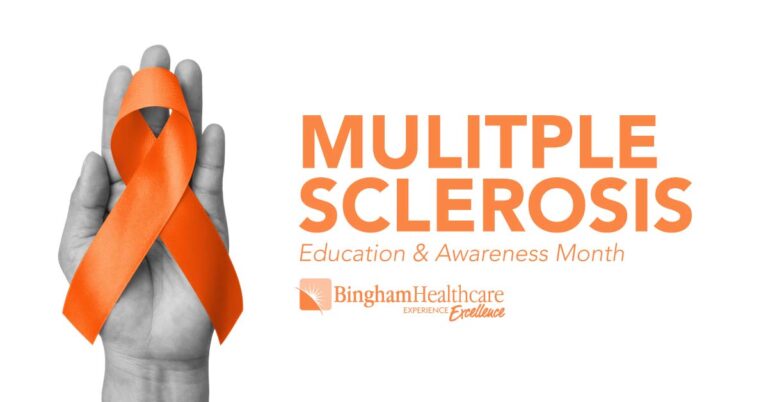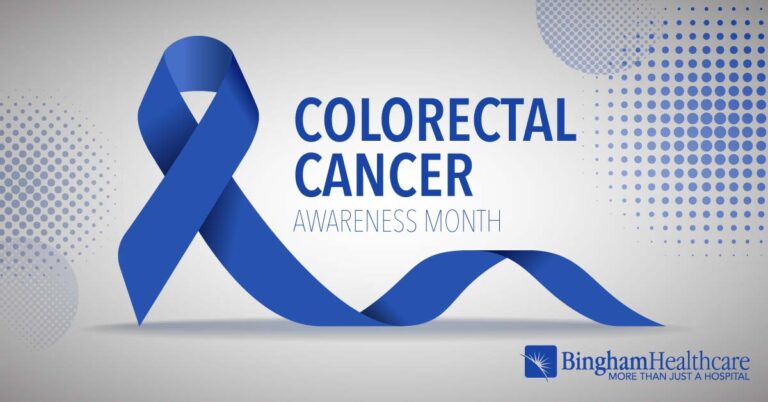
The Role Genetics Plays in Autoimmune Disease
Submitted by the International Autoimmune Institute & Bingham Memorial Center for Functional Medicine
Autoimmune disease is recognized as a major health crisis in the United States. Today, 50 million Americans—80 percent of whom are women—suffer one or more autoimmune conditions. Thirty years ago, only one in 400 people developed an autoimmune disease. Today, one in 12 Americans—one in nine women—have an autoimmune disease. More women are diagnosed each year with an autoimmune disease than breast cancer and cardiovascular disease combined.
An autoimmune disease is a condition in which the immune system mistakenly attacks the body’s own tissue. Some of the more common conditions include rheumatoid arthritis, lupus, multiple sclerosis, psoriasis, Hashimoto’s thyroiditis, type 1 diabetes, and ulcerative colitis or Crohn’s disease, but the National Institutes of Health estimates there are more than 100 types of autoimmune diseases.
David J. Bilstrom, MD—the Director of the International Autoimmune Institute & Bingham Memorial Center for Functional Medicine—discusses why children, adolescents, and young adults should be seen even if they don’t have an autoimmune disease yet.
Autoimmune disease runs in the family
“When an adult is diagnosed with an autoimmune disease in the family, other members of the family, including children, are more likely to get one,” Dr. Bilstrom says. “Studies have shown that if you can set the system by age 19, people won’t develop the chronic diseases later on in life that they otherwise would.”
Even if the lifestyle choices that someone makes as an adult are not the best, they won’t end up with chronic health issues because things were really put into place at a young age. One thing about taking care of children is that they heal so much better than adults. It’s always a lot easier to help someone, the younger they are. Also, if you can help somebody set their system well before conception (before they have their own children), you’re able to pass on much cleaner genes; not only to your children, but the generation after that.
There’s at least a two-generation effect called transgenerational that can be impacted so that these things that run in families can ideally stop running in families.
Treating children before they develop an autoimmune disease
“What we do at the International Autoimmune Institute when we see parents with autoimmune disease, we talk to them about the increased risk their children have of having one, and autoimmune dysfunction in general,” Dr. Bilstrom says. “Ideally, we like to test the children to find out what is going on, and understand what is driving them to the same place as their parents.”
Once discovered, these issues can in fact be fixed and the children will start to feel a lot better. This will help to clear up a lot of issues that may already be causing problems, such as ear infections, strep throat, sinus infections, allergies, asthma, eczema, constipation, and tummy aches.
“At this point, by addressing these issues, you’re taking care of things that may turn into autoimmune disease later in life,” Dr. Bilstrom says. “By being able to do this before they have their own kids, not only does that help their children be healthier, but it helps their grandchildren as well.”
Thus, chronic diseases and autoimmune diseases that tend to run in families will hopefully stop running in the family. That is why the best time to do preventative medicine, and to try and prevent an autoimmune disease, is to take care of people when they are children, adolescents, or young adults.
“Remember, the body is always willing to heal,’ says Dr. Bilstrom. “It just needs to be given a chance.”
About David Bilstrom, MD
Dr. Bilstrom is Director of the International Autoimmune Institute & Bingham Memorial Center for Functional Medicine, which is the first medical center in the country to treat all types of autoimmune diseases. It is also the first to use nature, and its ability to improve human health and well-being, as an integral part of a wellness program.
Dr. Bilstrom works closely with experts in a number of medical specialties to evaluate, diagnose and treat chronic and autoimmune diseases. He is always welcoming new patients at his office within the Bingham Specialty Plaza in Blackfoot. Appointments can be scheduled by calling (208) 782-2444.
Taking the mind, body, and spirit into consideration, Dr. Bilstrom understands firsthand the benefits integrated medicine can provide to patients. He is quadruple board certified in Functional and Regenerative Medicine, Integrative Medicine, Physical Medicine and Rehabilitation, and Medical Acupuncture. He has extensive experience in Anti-Aging & Regenerative Medicine, Acupuncture, Integrative Medicine, and Complementary and Alternative Medicines.
Office Location
Bingham Specialty Plaza
326 Poplar Street
Blackfoot, ID
T: (208) 782-2444
www.BinghamMemorial.org/Functional-Medicine
Return to Articles


